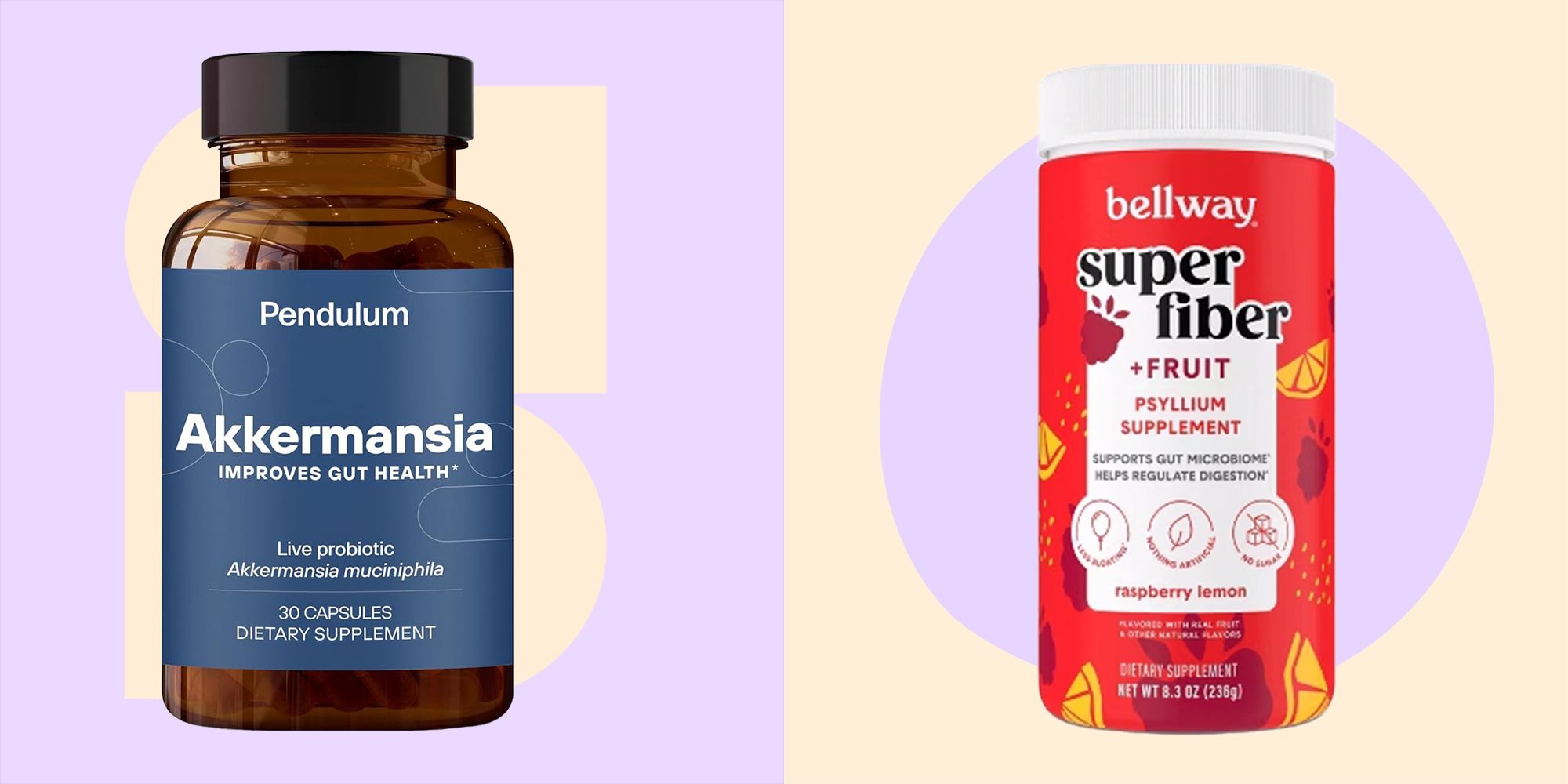Explore the Top-Rated Gut Health Supplement for Long-Term Digestive Health
Explore the Top-Rated Gut Health Supplement for Long-Term Digestive Health
Blog Article
Discover the Trick to Food Digestion and Resistance With Intestine Wellness Assistance

Comprehending Intestine Health And Wellness
Recognizing intestine health and wellness is critical for overall wellness, as it plays a considerable role in digestion, immunity, and even psychological health and wellness. The digestive tract, comprising the intestinal system, is in charge of damaging down food, taking in nutrients, and getting rid of waste. A well balanced intestine environment ensures efficient food digestion, enabling the body to make use of nutrients effectively.
Furthermore, digestive tract wellness substantially influences the body immune system. The digestive tract houses a considerable section of the body's immune cells, and a healthy intestine can help repel microorganisms and lower swelling. Disruptions in gut health can lead to an over active immune feedback, possibly adding to autoimmune conditions and allergies.
Additionally, the gut is frequently described as the "2nd mind" because of the gut-brain axis, a complicated interaction network connecting the digestive tract and the brain. This link influences mood, cognition, and psychological wellness. Issues such as dysbiosis, characterized by an inequality in digestive tract bacteria, have been related to psychological health conditions, including stress and anxiety and depression.
The Digestive Tract Microbiome Explained

The digestive tract microbiome, a diverse community of bacteria living in the stomach tract, plays a pivotal duty in keeping digestive system wellness and general well-being. Consisting of trillions of bacteria, viruses, fungi, and various other microbes, this facility ecological community help in the digestion of food, the synthesis of necessary nutrients, and the regulation of metabolic procedures.
Each person's intestine microbiome is one-of-a-kind, influenced by aspects such as diet, way of living, genetics, and environmental exposures. A well balanced microbiome sustains optimal food digestion by damaging down facility carbohydrates, creating short-chain fats, and facilitating the absorption of nutrients. Conversely, a discrepancy, often referred to as dysbiosis, can cause digestion conditions, consisting of cranky bowel disorder (IBS) and inflammatory digestive tract disease (IBD)
Research has demonstrated that a varied microbiome is connected with far better wellness end results, emphasizing the significance of dietary selections in supporting these microorganisms. Foods abundant in fiber, probiotics, and prebiotics, such as fruits, vegetables, and fermented products, can advertise a healthy microbiome. Understanding the gut microbiome is vital for establishing targeted interventions aimed at improving digestive system health and wellness and preventing intestinal diseases.

Link Between Digestion and Resistance
A durable connection exists between food digestion and immunity, highlighting the important duty of the intestine in preserving overall wellness. The stomach system is home to trillions of microorganisms that form the gut microbiome, which dramatically useful reference affects both immune responses and digestive system procedures. This facility ecological community aids in damaging down food, taking in nutrients, and supplying necessary metabolites that support immune feature.
When digestion is reliable, the gut obstacle remains undamaged, avoiding harmful microorganisms from entering the bloodstream. Roughly 70% of the immune system resides in the gut-associated lymphoid tissue (GALT), which connects very closely with the intestine microbiome.
Tips for Supporting Digestive Tract Health
Sustaining digestive tract health is essential for keeping both digestive efficiency and a well-functioning body immune system. To foster ideal digestive tract health, consider incorporating numerous useful techniques right into your day-to-day routine.
First, focus on hydration. Consuming alcohol ample water sustains food digestion and helps keep the mucosal cellular lining of the intestines. In addition, regular physical task can enhance gut mobility and promote a diverse microbiome.
Conscious eating practices are additionally vital. Chewing food extensively and eating gradually can aid digestion and stop overeating, which may worry the digestive tract. Handling stress via methods such as reflection, yoga, or deep-breathing workouts can positively affect intestine wellness, as anxiety is recognized to interfere with digestive procedures.
Including prebiotics and probiotics right into your routine is another effective approach. While details foods will be talked about later, understanding the significance of these components is important. Prebiotics serve as food for helpful intestine microorganisms, while probiotics present online helpful microorganisms.
Finally, avoid excessive use of antibiotics, as they can interfere with the equilibrium of digestive tract plants. By following these tips, you can significantly add to the maintenance of a healthy gut, which is essential for total wellness and vitality.
Foods That Promote Gut Health

Fermented foods, such as yogurt, kimchi, sauerkraut, and kefir, are abundant in probiotics, which are valuable microorganisms that sustain digestive tract flora and improve food digestion. These foods can aid bring back balance in the gut, specifically after antibiotic usage or digestion disturbances.
Along with fermented alternatives, prebiotic foods, such as garlic, onions, asparagus, and bananas, offer as nutrition for these probiotics, promoting their growth and activity. These soluble fibers sustain digestive moved here tract motility and can alleviate concerns like irregular bowel movements.
Furthermore, incorporating high-fiber foods, including whole grains, beans, fruits, and vegetables, is essential for keeping a healthy intestine. Fiber aids in normal digestive tract movements and aids avoid digestive here system conditions.
Lastly, omega-3 fatty acids located in fatty fish, flaxseeds, and walnuts have anti-inflammatory residential properties that can even more sustain intestine health and wellness. Stressing these foods in your diet plan can bring about a robust gastrointestinal system and boosted immune function.
Verdict
To conclude, focusing on gut health and wellness is crucial for enhancing food digestion and boosting immunity. A balanced gut microbiome, affected by dietary options and way of living factors, plays an important duty in nutrient absorption and inflammation reduction. Integrating fermented foods, prebiotics, and high-fiber alternatives, alongside appropriate hydration and stress and anxiety management, can considerably advertise intestine health. By adopting these techniques, individuals can sustain total health and vitality, unlocking the potential benefits of a well-functioning intestinal system.
Comprehending digestive tract health and wellness is important for general wellness, as it plays a significant role in digestion, immunity, and even psychological wellness. The intestine houses a significant part of the body's immune cells, and a healthy and balanced intestine can assist fend off microorganisms and decrease inflammation.In addition, the intestine is usually referred to as the "2nd brain" due to the gut-brain axis, a complex interaction network linking the mind and the intestine.A robust connection exists in between food digestion and immunity, highlighting the important function of the gut in keeping general health and wellness.In conclusion, focusing on digestive tract health is vital for enhancing digestion and boosting immunity.
Report this page